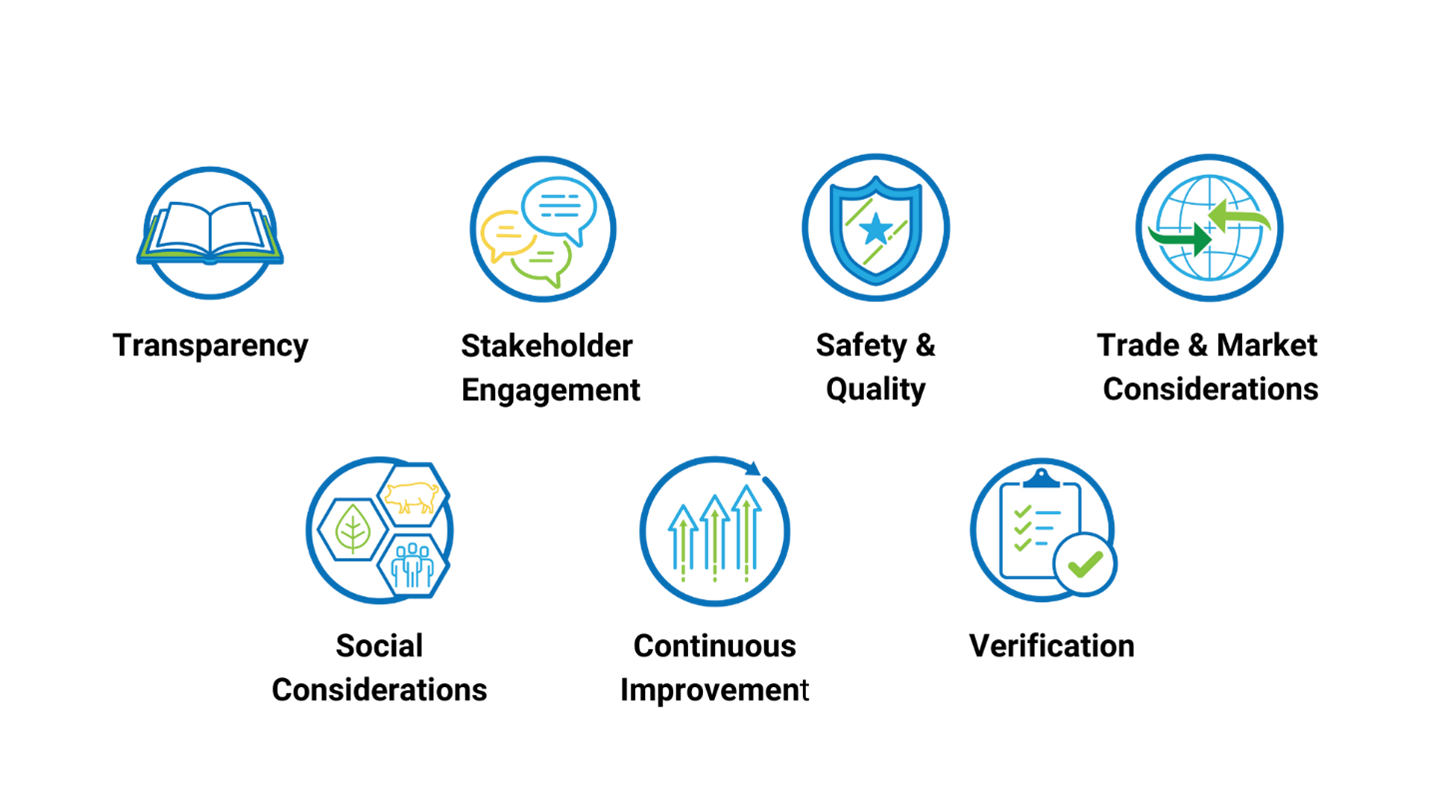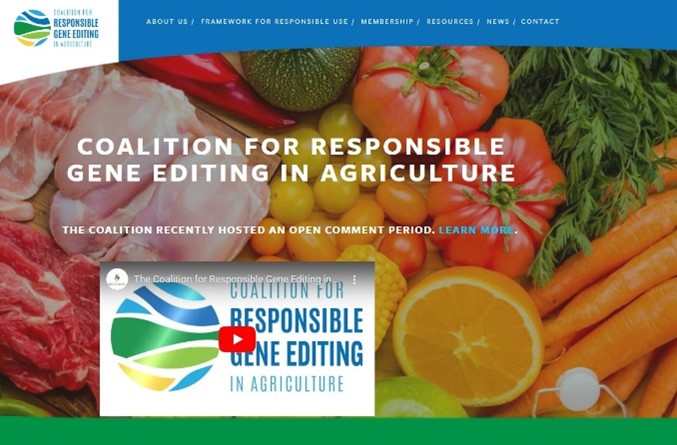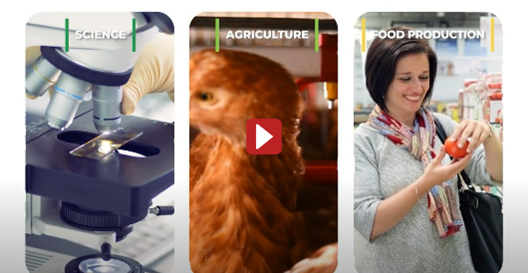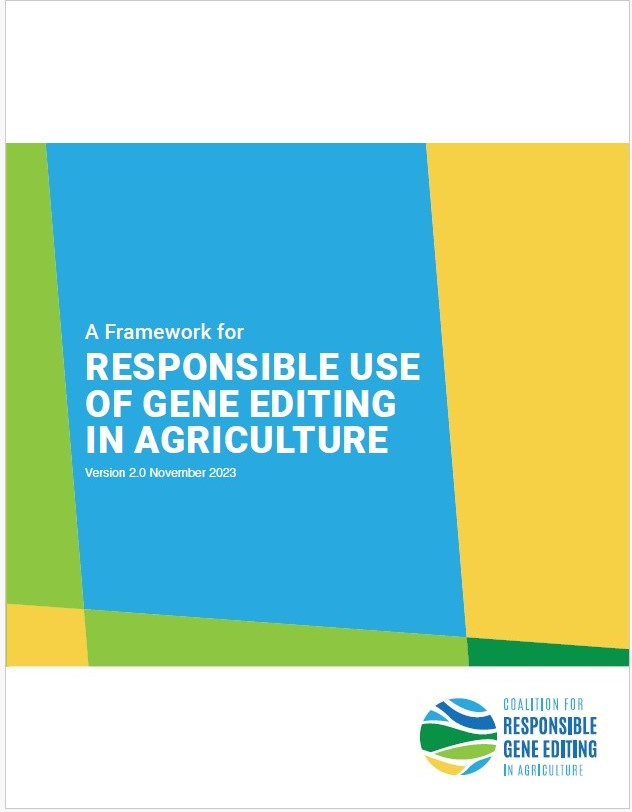
Our Approach
The Coalition had an ambitious goal – create the food industry’s first-ever program to verify the transparent and responsible use of gene editing.
At Look East, we called upon our network of food and agriculture connections to identify who needed to be at the table to reflect diverse perspectives. The Coalition engaged a steering committee with representatives of food companies, academia, civil society, technology developers, and farmers. The group reviewed successful market acceptance programs, defined guiding principles and solicited input from more than 450 stakeholders.
Then the steering committee began to create a credible, workable and affordable framework to provide assurance that those using gene editing within the framework’s guidelines are worthy of trust. As gene editing can impact every phase of food production, from R&D to the farm to processing and retail, building public trust requires collaboration and alignment of values.
The Look East team compiled input from these stakeholders and identified common themes. We also evaluated successful models and programs used in other industries. We worked with the committee and Coalition leadership to draft the initial framework and guided it through numerous rounds of review and revisions. The process was detailed and thorough to build consensus throughout the agriculture and food system.
The Framework for Responsible Use of Gene Editing in Agriculture was publicly launched in March 2022, along with third-party verification using professional auditors to objectively evaluate the practices of technology developers applying gene editing in food and agriculture.


